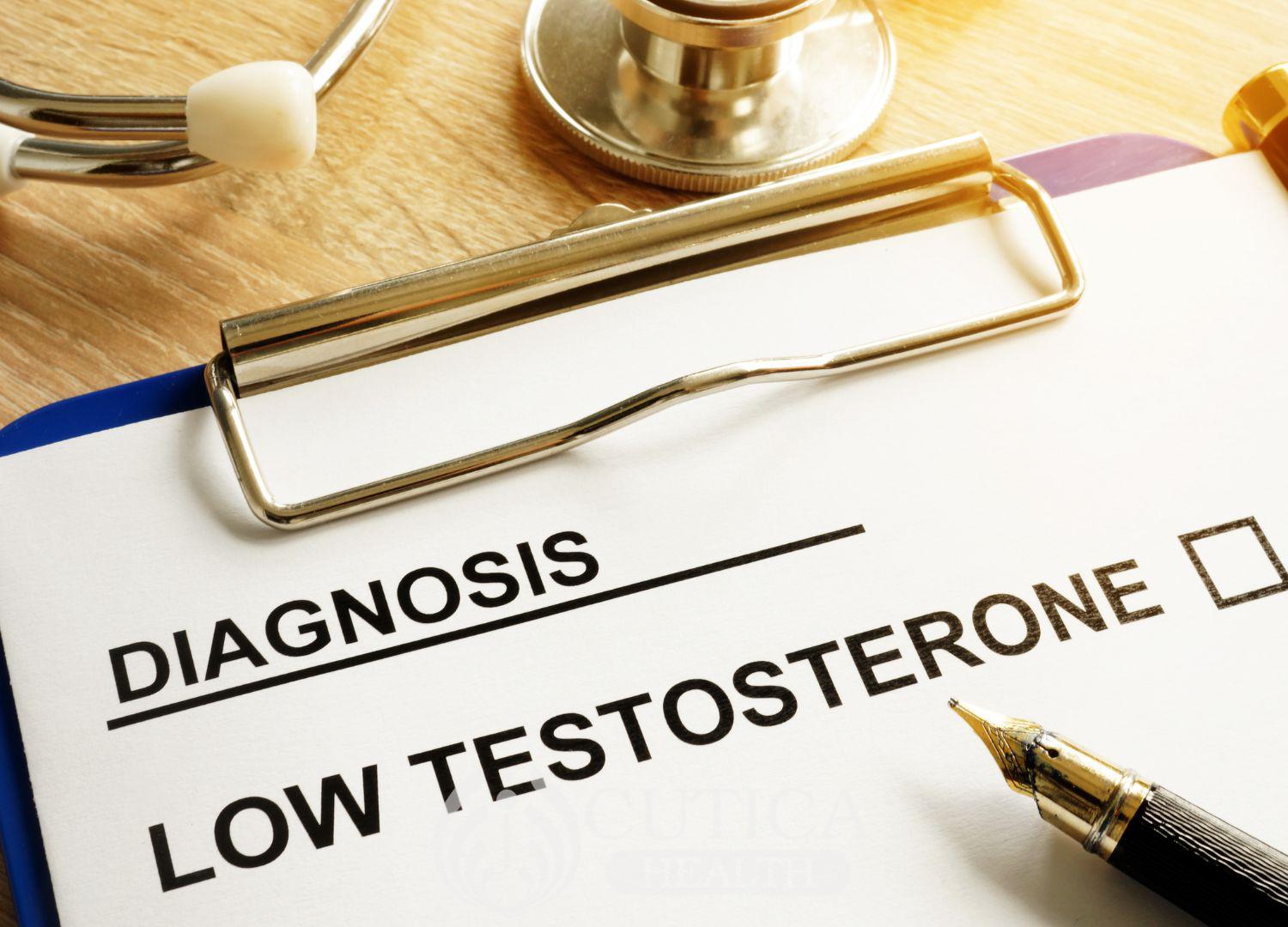
Hey Mr. Tunde, so long! How are madam and the kids? Did you just say kids? I’ve got none of them; my wife and I are still trying for one. Sorry to hear that, James said. Have you had a medical check? asked James. “My wife has and our doctor said she’s fine but I’m not submitting to tests—I don’t think I’ve got any health problems in that regard”.
In many parts of Africa, when a couple is having difficulty trying to have a child, everyone points to the wife. Multiple “diagnoses” fly around from non-medical professionals who believe the woman might be the cause of the couple’s infertility. But nothing could be further from the truth.
Infertility could result from health challenges either from the man or woman. In fact, in about 30 percent of cases of infertility, the health challenge can be traced to the man, while another 30 percent is attributed to the woman. Therefore, it is essential for men to be thoroughly evaluated in cases of infertility.
What is male infertility, and how common is it?
Infertility is the inability to achieve pregnancy after a whole year of unprotected sexual intercourse and without the use of birth control measures. For a man to be fertile, his reproductive function must be intact. This means that he must be able to produce sufficient sperms, which should be well nourished, and move freely through tubes and other genital organs to reach the penis during ejaculation. Tis entire process also requires healthy function of his reproductive hormone, testosterone.

Male reproductive issues account for a third of infertility, female reproductive issues account for another third while combined male-female reproductive issues account for the remaining third. The take-home here is that male infertility is as common as female infertility.
Medical Causes of male infertility
There are several causes of infertility in men; it might interest you to know. These causes range from problems with the organs that produce sperms, called the testes, or problems from other organs affecting the sperms. These include:
- Varicoceles, which are abnormally enlarged veins of the testes, reducing blood flow to the testes and causing irreversible damage if not treated early.
- Infection of the testicles caused by sexually transmitted infections including Chlamydia and Gonorrhea
- Ejaculating the other way—reversed or retrograde ejaculation
- Autoimmune diseases, in which your body releases antibodies against your sperm. In this situation, your testes are working fine but the body mounts up antibodies to destroy your sperms.
- Tumors and cancers of the testes or that spread to the testes
- Failure of testicles to descend during fetal life. In this case, the affected testicle remains in the abdomen, where it could get irreversibly damaged
- Hormone imbalance, affecting how well your testes produce sperm cells
- Blocked sperm transport systems: when sperms are produced in the testes, they are moved from the testes through different ducts and channels before they reach the penis during ejaculation. If any of these tubes are damaged, say from an old sexually transmitted infection, it could lead to infertility.
- Genetic problems that may impair the quality of your sperm cells
- Certain medications, including steroids, some antibiotics, and anti-cancer drugs
- Genital surgery, including hernia surgery during childhood, and any surgery around the testes. These surgeries could both damage the testes or block the tubes through which sperms move during ejaculation.

Environmental causes of male infertility
- Exposure to heavy metals like lead, especially among battery manufacturers, auto repairers, and construction workers.
- Extended exposure to paint, herbicides, and organic solvents
- Prolonged hours sitting to operate laptops
- Wearing tight underwear
- Sitting for long periods
Lifestyle-related causes of infertility
- Drug use
- Alcohol use
- Tobacco smoking
- Overweight

It is, therefore, important that when a couple complains of infertility, both the man and wife should be properly evaluated. As noted above, there are many causes of male infertility, which cannot be ignored. You can begin to work toward lowering your risk of male infertility, by avoiding multiple sexual partners, limiting your exposure to toxic environmental substances, and maintaining a healthy lifestyle.












